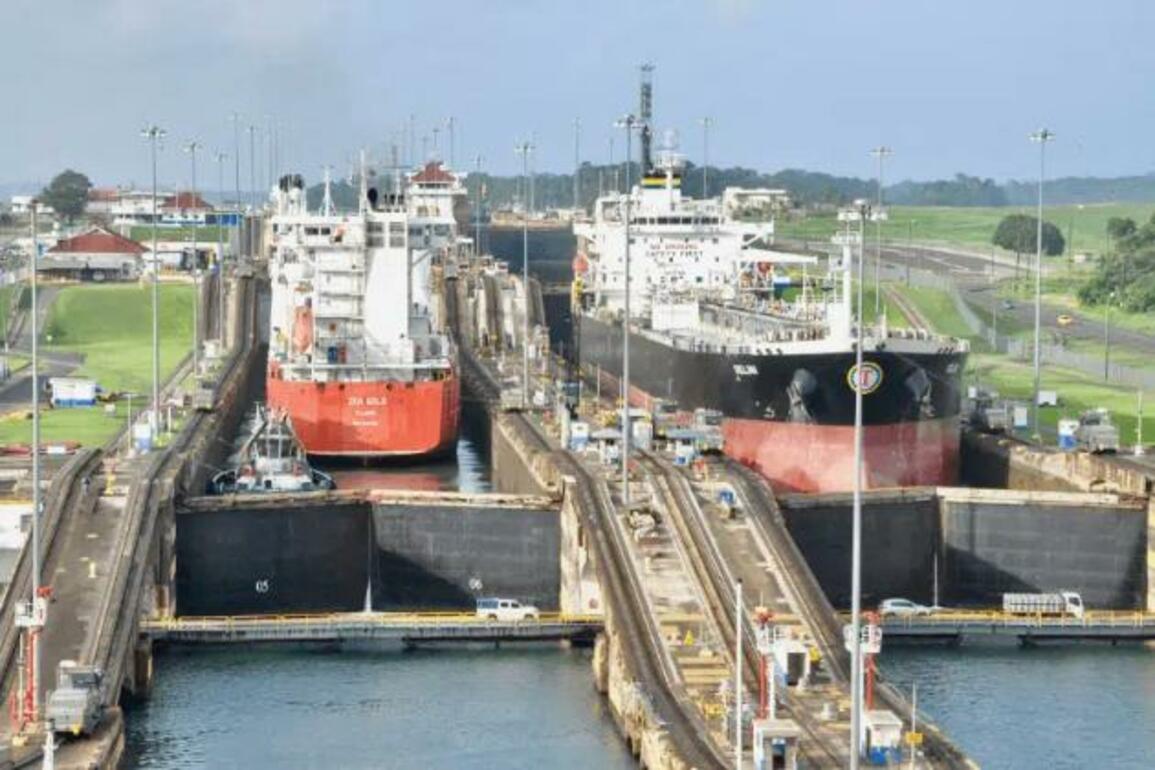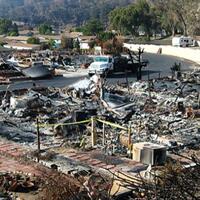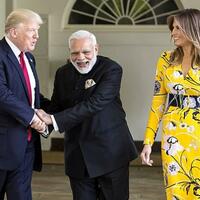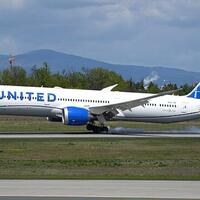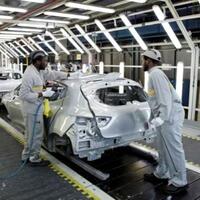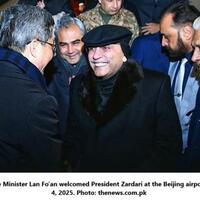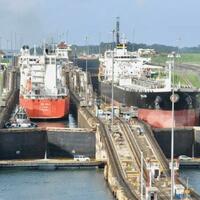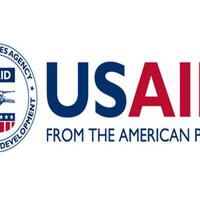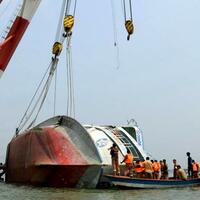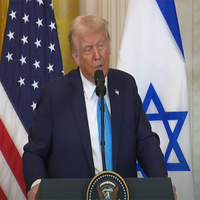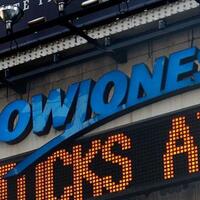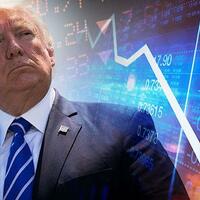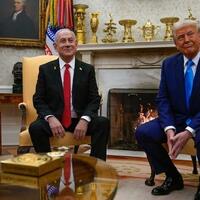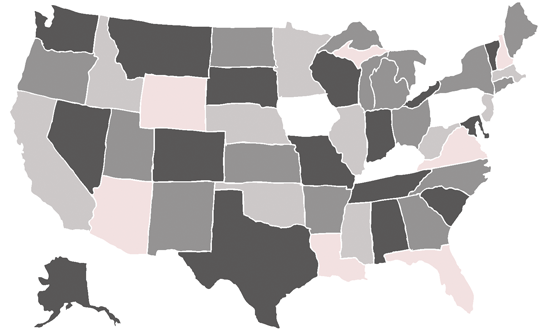PANAMA CITY, Panama: Over the weekend, U.S. Secretary of State Marco Rubio warned Panama's President Jose Raul Mulino that the U.S. would take action if Panama did not quickly reduce China's influence over the Panama Canal.
After meeting with Rubio in Panama City, Mulino said he would review agreements with China and increase cooperation with the U.S. on migration. However, he made it clear that Panama's control over the canal was not up for debate.
Rubio delivered a message from President Donald Trump, saying that a Hong Kong-based company running two ports near the canal was a security threat and violated the U.S.-Panama treaty, according to a U.S. State Department spokesperson. Rubio warned that if changes were not made, the U.S. would take necessary action. However, he did not explain what steps Panama must take or what the U.S. might do in response.
Since returning to office, Trump has threatened to take control of the canal, which the U.S. built in the early 1900s and handed over to Panama in 1999. He accused China of running the canal and suggested the U.S. might take it back. While he did not rule out using military force, he said he did not think it would be needed.
Rubio, who has long been critical of China, warned that China could shut down the canal during a conflict with the U.S. Mulino described his meeting with Rubio as respectful and said he would review a 25-year contract with CK Hutchison Holdings. This Hong Kong-based company operates ports at both ends of the canal. The agreement was renewed in 2021, but an audit will determine its future.
U.S. officials argue that China's presence in Panama goes against a 1977 neutrality treaty between the two countries. However, Panama's government and some experts say the ports are separate from the canal's operations, which the Panama Canal Authority controls.
Mulino also said Panama would not renew an agreement with China under the Belt and Road Initiative, which had allowed China to increase investments in the country. He added that Panama might end the deal early. However, he does not believe the neutrality treaty is under threat or that military force will be used. He said a direct conversation with Trump would be significant.
Rubio later visited the Miraflores Locks, where ships pass between the Pacific Ocean and the canal. While there, he received a briefing from canal officials.
China has denied interfering with the canal and insists it respects Panama's control over the waterway. A Chinese Foreign Ministry spokesperson said last month that the canal remains a neutral international waterway.
Rubio is currently visiting Central America and the Caribbean, focusing on U.S. relations in the region. Part of his mission is to seek help in reducing migration toward the U.S. southern border.





